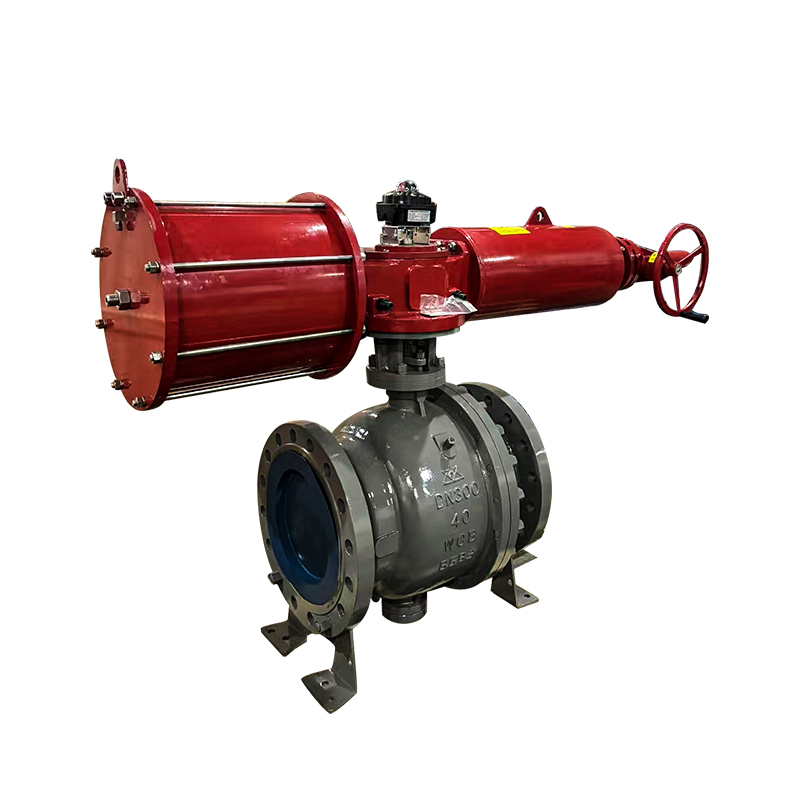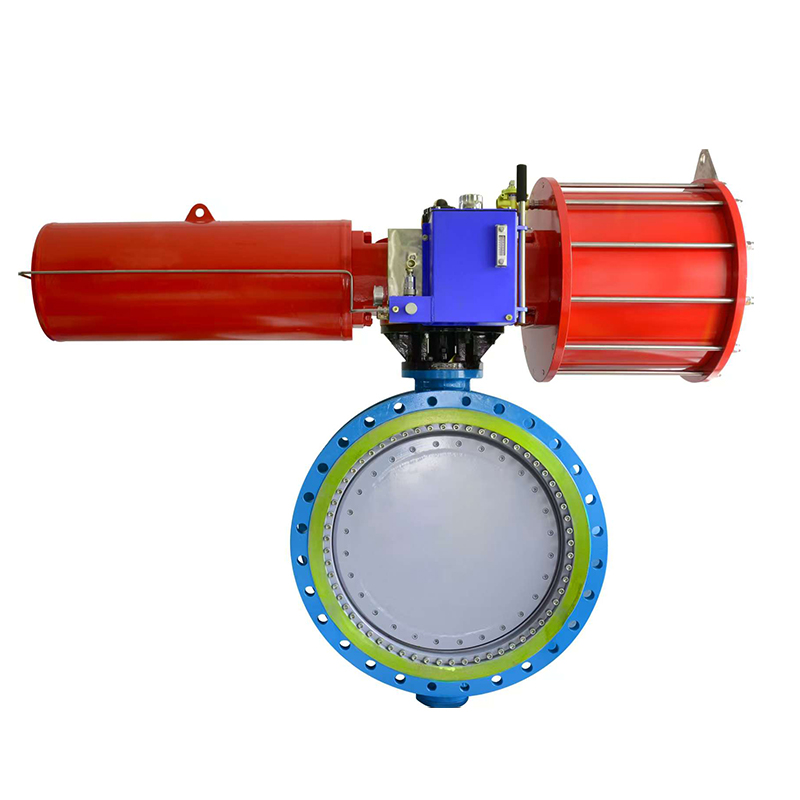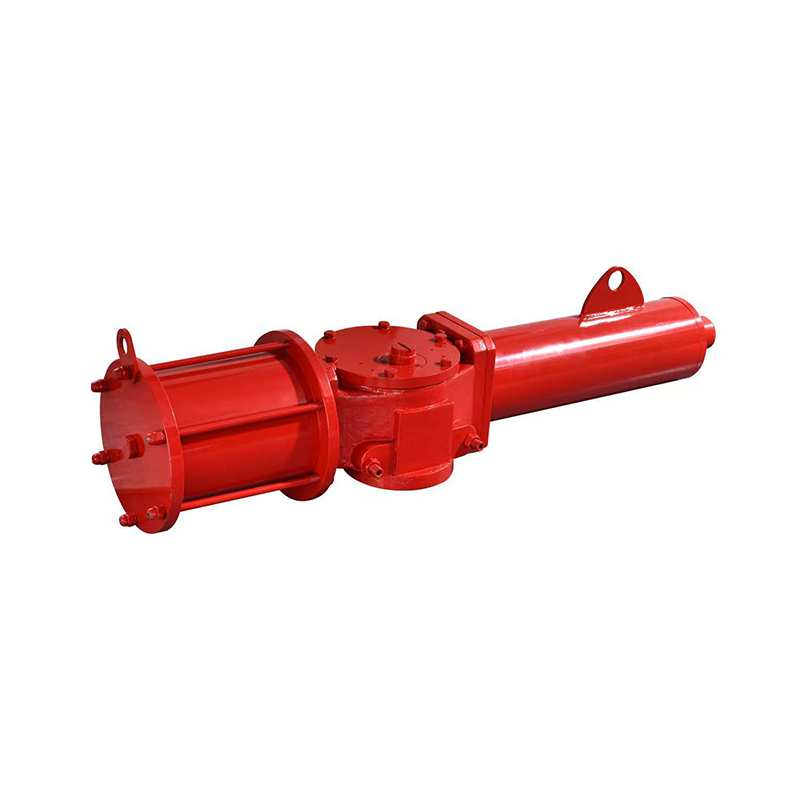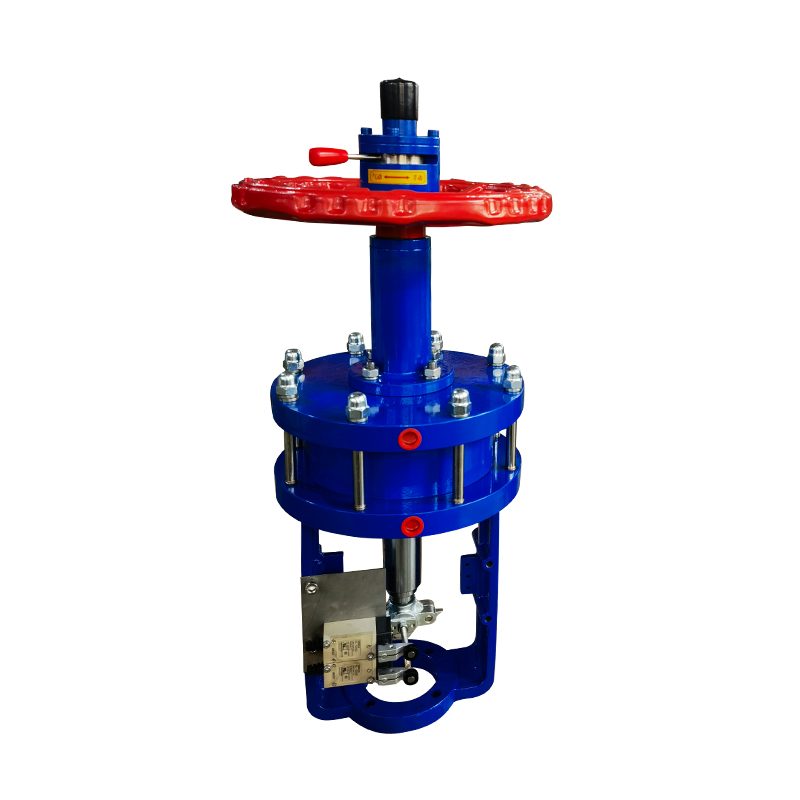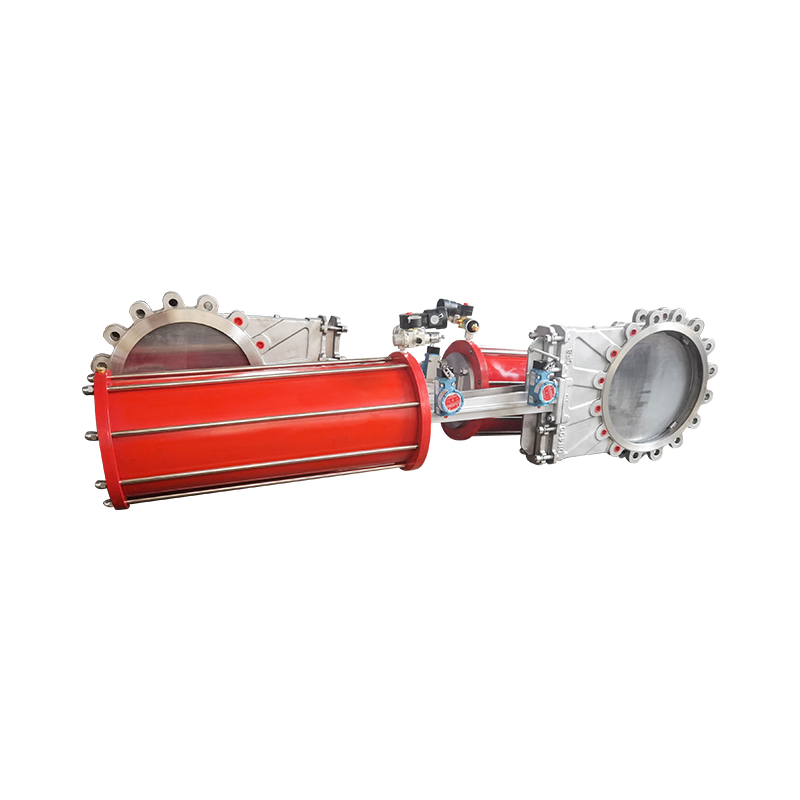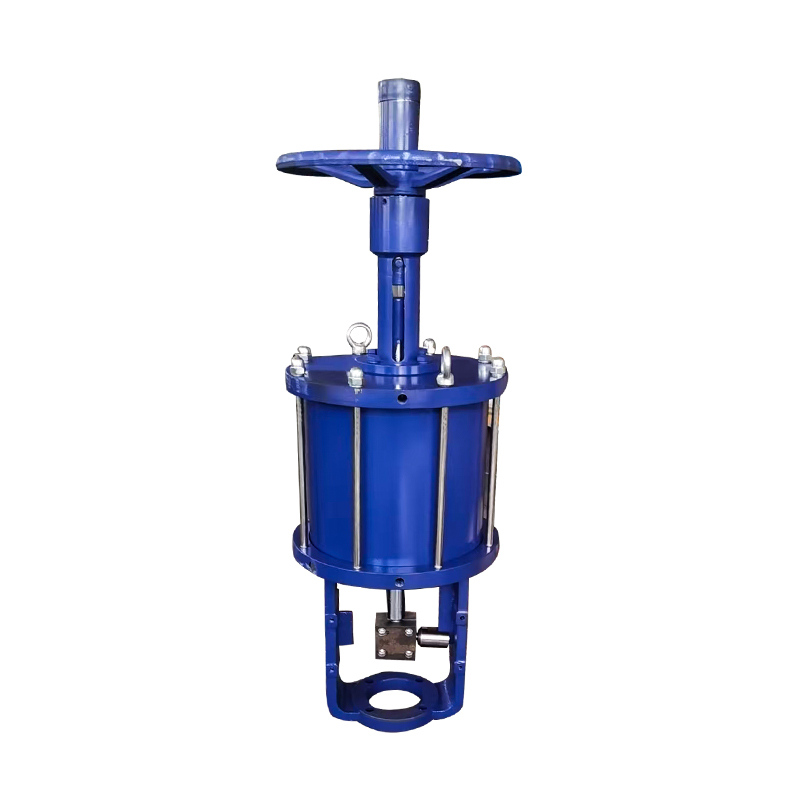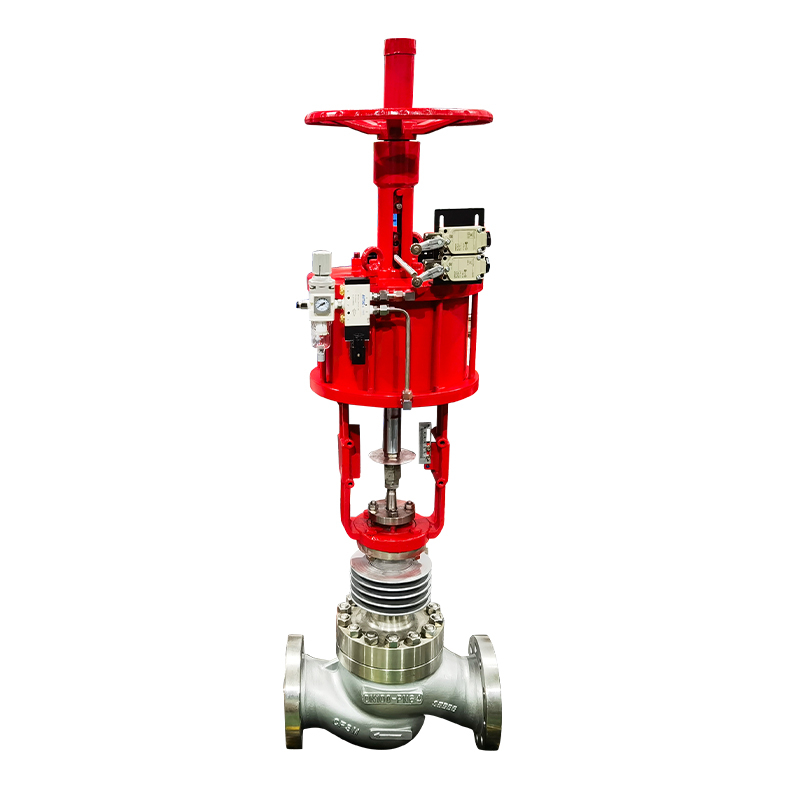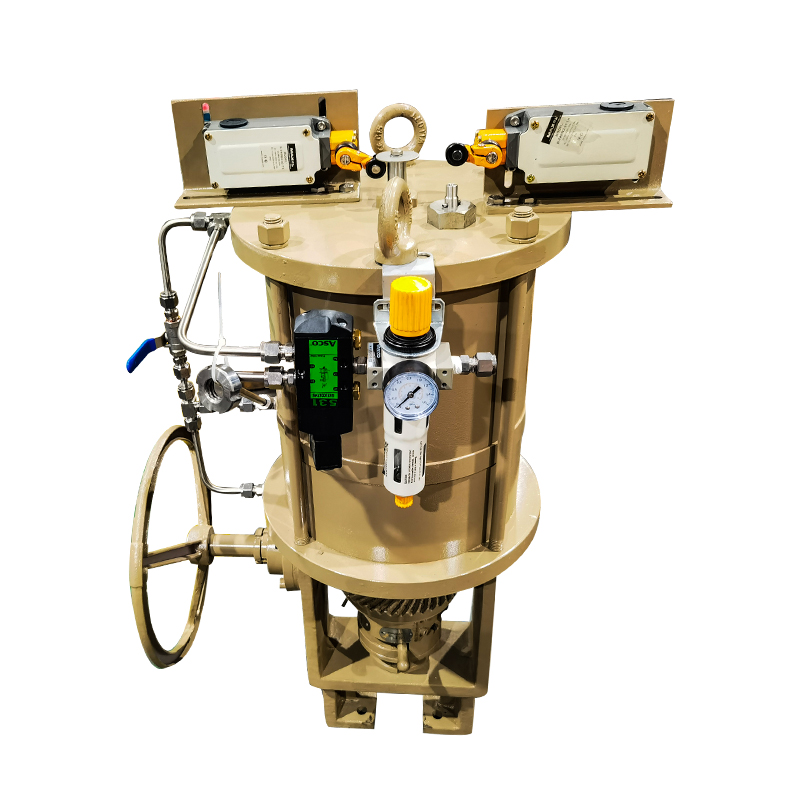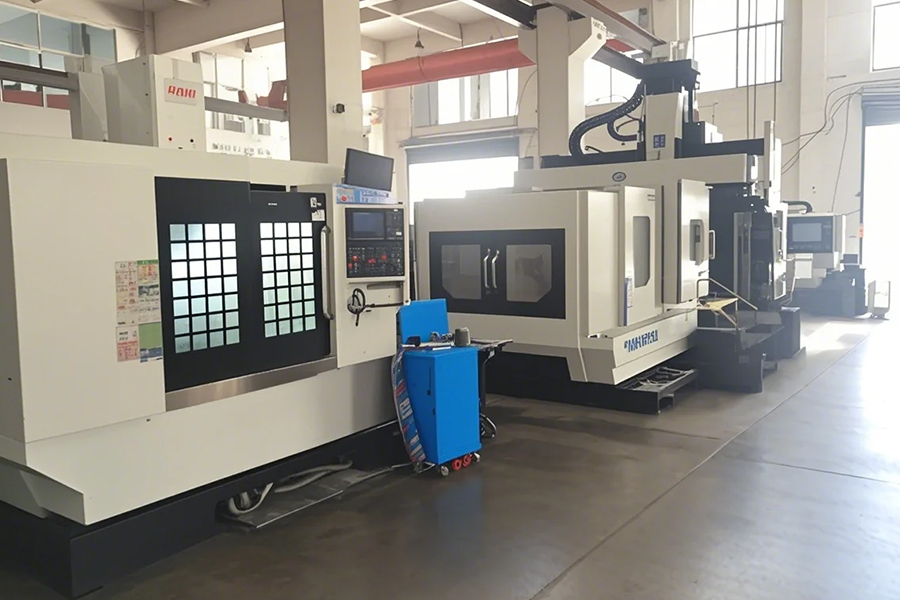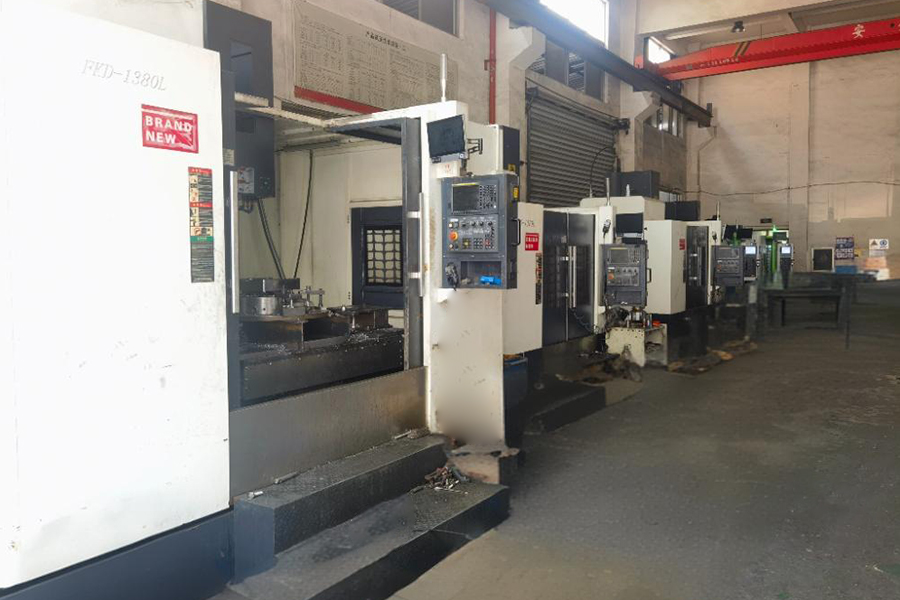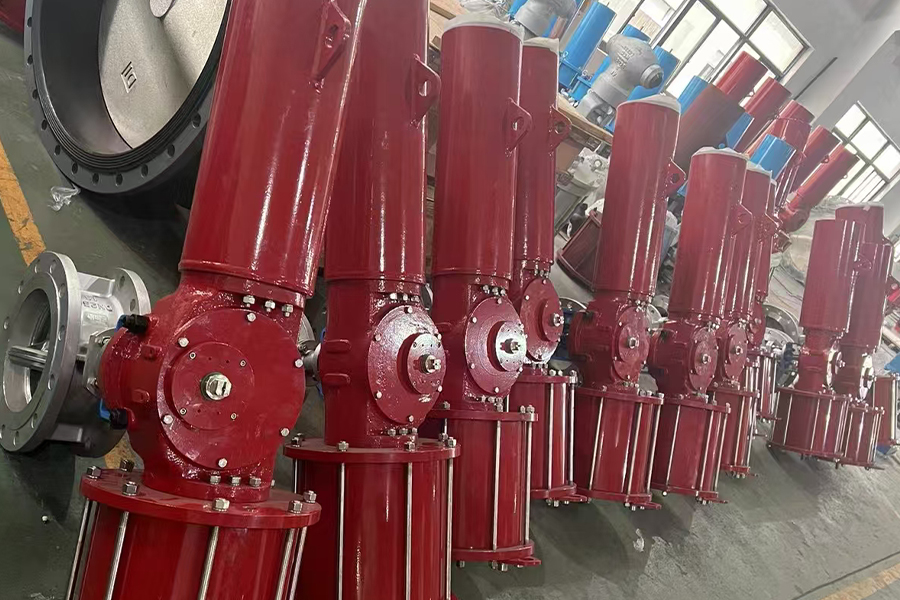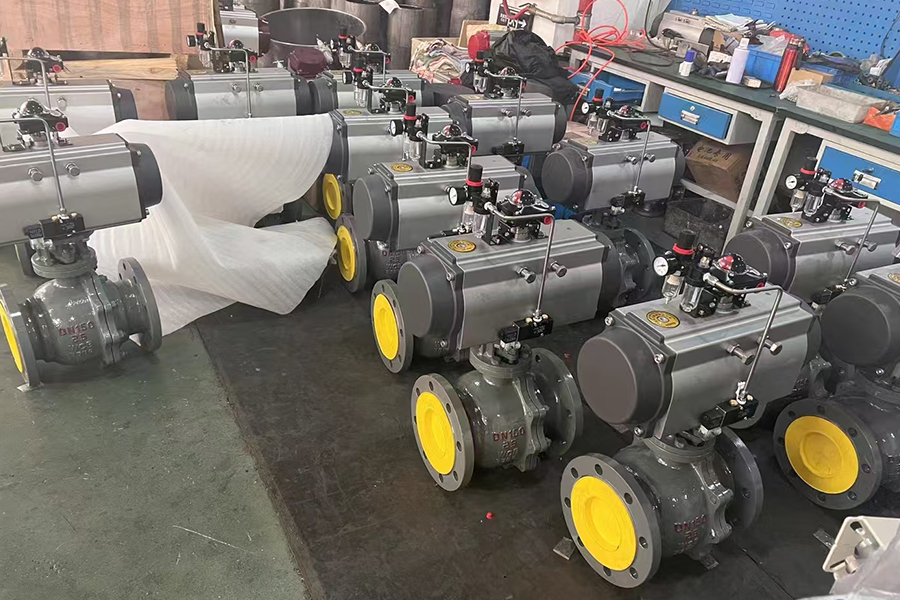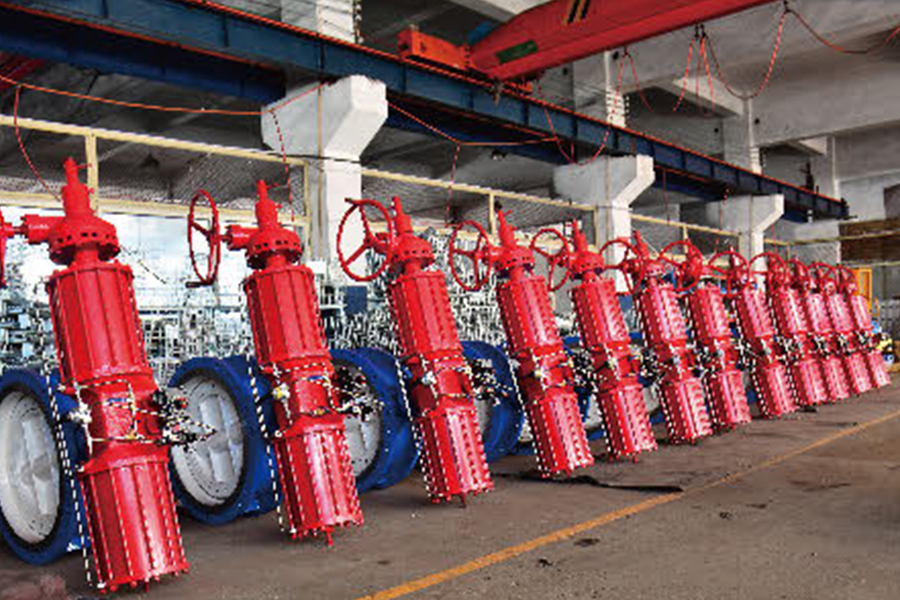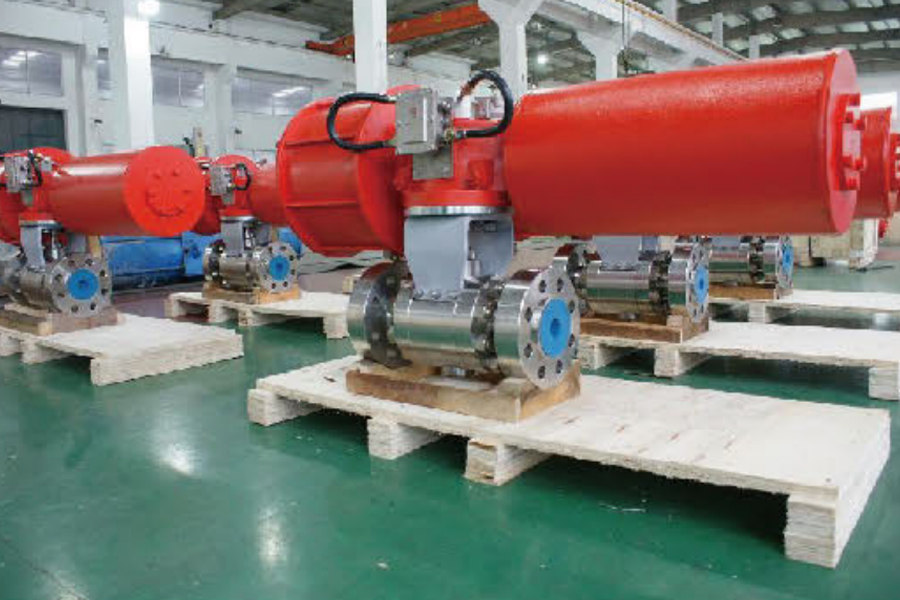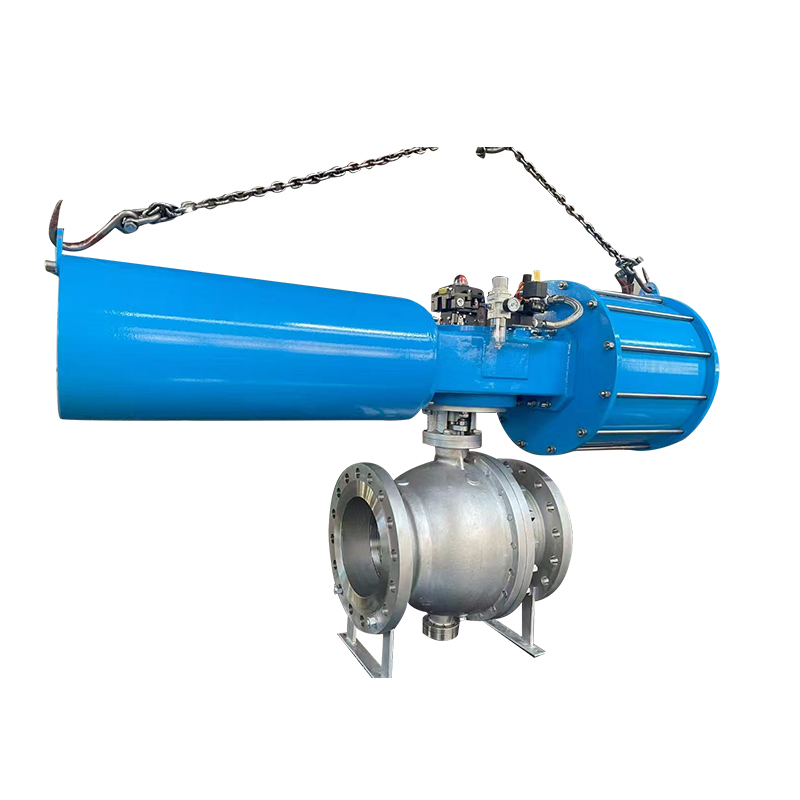
Fork type pneumatic valves play an important role in achieving efficient fluid control across various industrial applications. These valves are designed to manage and regulate the flow of air or other gases by using a fork-shaped actuator mechanism. Understanding how fork type pneumatic valves contribute to fluid control helps industries select the right components for their systems and improve overall process reliability and efficiency.
The unique design of fork type pneumatic valves allows them to convert pneumatic energy into mechanical motion effectively. The fork-shaped actuator provides a simple yet precise means to open or close the valve, controlling the flow path. This design supports quick response times and smooth operation, which is essential in automated systems requiring accurate control of fluid movement. The efficient actuation helps reduce energy consumption by minimizing the air volume needed to operate the valve, contributing to system efficiency.
One of the key benefits of fork type pneumatic valves is their versatility. These valves can be adapted to handle various types of fluids, including compressed air, inert gases, and some liquids, depending on the construction materials and sealing components. This adaptability makes fork type pneumatic valves suitable for a wide range of industries, such as manufacturing, automotive, and food processing, where precise fluid control is necessary to maintain product quality and operational stability.
Durability is another aspect that enhances the role of fork type pneumatic valves in fluid control. These valves are typically constructed from materials resistant to corrosion and wear, which ensures a longer service life even in demanding environments. The simple mechanical design with fewer moving parts also reduces the chances of failure, lowering maintenance requirements and minimizing system downtime. Reliable operation of fork type pneumatic valves supports continuous and efficient fluid control throughout the production process.
The design of fork type pneumatic valves also facilitates easy installation and integration into existing fluid control systems. Their compact size and modular construction allow for straightforward mounting and connection with other pneumatic components. This ease of integration helps reduce installation time and costs, enabling industries to upgrade or expand their fluid control capabilities without major disruptions.
Additionally, fork type pneumatic valves provide effective sealing performance, which is crucial for preventing leaks and maintaining pressure in pneumatic systems. Proper sealing ensures that the valve controls fluid flow accurately and consistently, contributing to the overall efficiency and safety of the system. The sealing materials used in fork type pneumatic valves are selected to withstand the operating conditions and resist wear, supporting sustained valve performance.
In fluid control systems, precise timing and coordination of valve operation are vital. Fork type pneumatic valves, with their responsive actuation and reliable sealing, contribute to smooth process control. This precision helps reduce waste, optimize resource use, and maintain stable operating conditions. These benefits are especially important in automated production lines where fluid control directly affects product quality and equipment performance.
Fork type pneumatic valves play a significant role in efficient fluid control by offering reliable actuation, versatile application, durability, ease of installation, and effective sealing. Their design supports quick and precise valve operation, which is essential in many industrial settings. Choosing fork type pneumatic valves can enhance system efficiency and contribute to consistent and safe fluid management in various processes.








